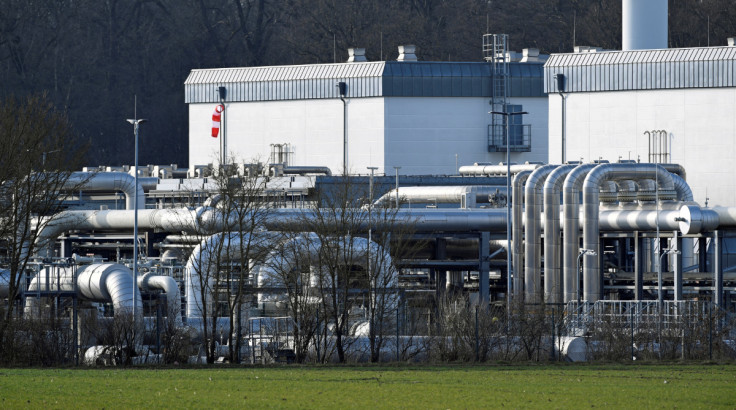EU Watchdog Proposes Emergency Brake On Energy Markets

A temporary brake on gas and electricity derivatives when prices spike could improve the overall functioning of the energy market, the European Union's securities watchdog proposed on Thursday.
The European Securities and Markets Authority (ESMA) said the number of trading halts in energy derivatives has been very low in recent weeks despite rules on circuit breakers already in place and prices' racing higher following Russia's invasion of Ukraine in February.
"It would, therefore, appear useful to consider implementing, on a temporary basis and for energy derivative markets only, a new type of trading halt mechanism," ESMA said in a statement.
The parameters of such a mechanism should be set at the EU level to apply to all platforms that trade energy derivatives, it said.
"We would envisage these mechanisms to trigger halts for a limited period of time only and in exceptional circumstances, for instance, in case of extreme volatility spikes that may lead to disorderly trading conditions," ESMA said.
Such a mechanism would need to be implemented as part of emergency measures tackling the current energy crisis, it added.
ESMA was responding to a call for "concrete plans" from the EU's executive arm, the European Commission, to address issues raised in energy markets by high prices which are forcing governments to offer help to energy companies.
Energy firms sell their output using derivatives markets, requiring them to post "margin" in the form of cash, in practice, to cover positions at clearing houses in case they turn sour.
ESMA said on Thursday it could formally clarify that commercial paper and EU government bonds already qualify as collateral. But it rejected an industry suggestion that EU carbon emission allowances could also be used, given their "high volatility and limited legal protections".
It also had "concerns" about making uncollateralised commercial bank guarantees eligible for use as collateral, and said strict conditions would need to apply.
ESMA said such conditions include a time limit on their use, such as for the winter period when stresses in energy markets are expected to continue.
"ESMA believes that prudential requirements should continue to underpin any such exposures and limit banks' concentration risk, which would then have impact on the practical use of such type of collateral," the watchdog said, referring to banks' putting aside capital to cover risks from guarantees turning sour.
© Copyright Thomson Reuters 2024. All rights reserved.




















